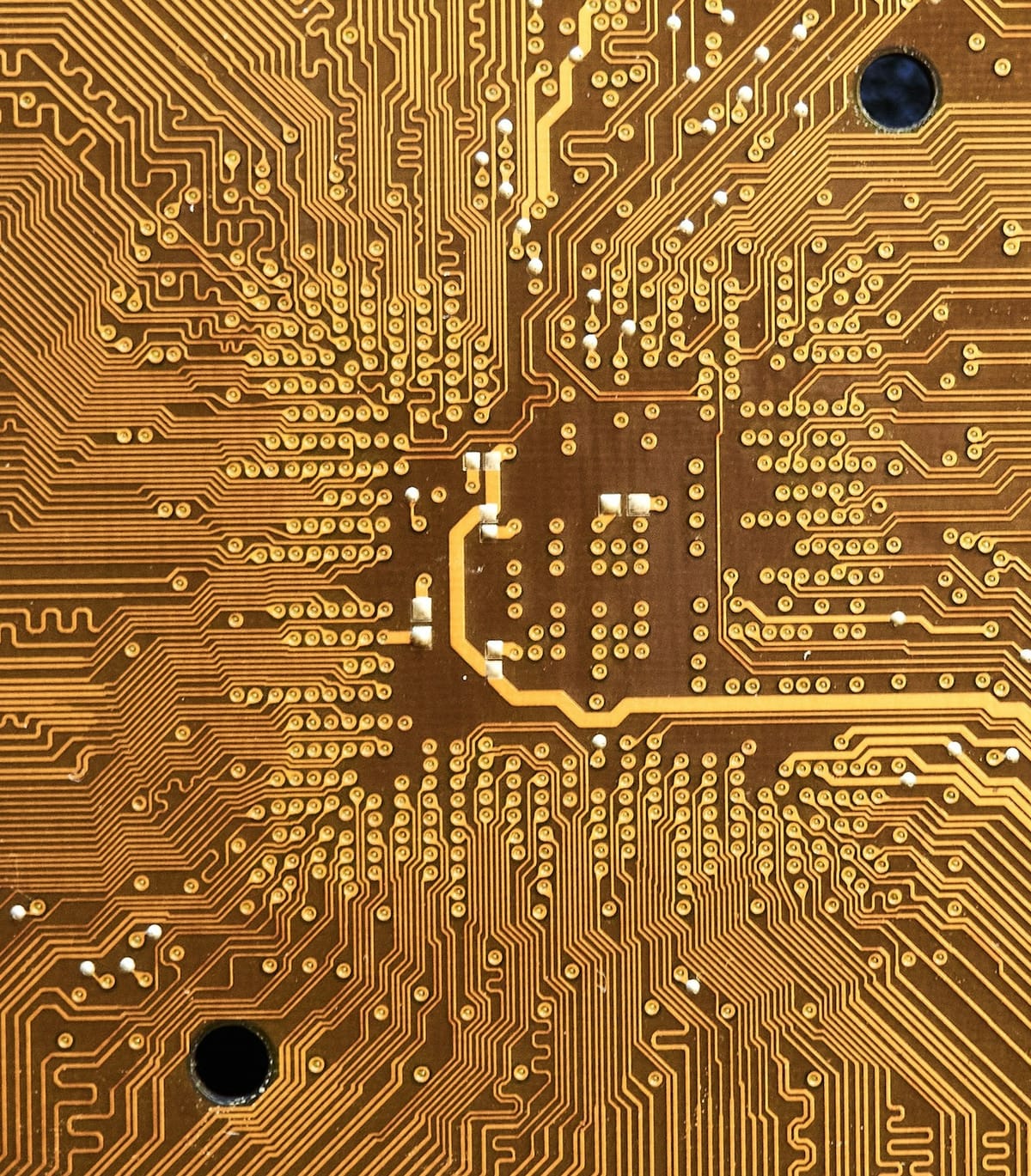Quantum Meets AI: The Dawn of Accelerated Intelligence
Quantum computing and AI are converging to unlock accelerated intelligence. Explore how this hybrid frontier could redefine what's computationally possible.

What happens when the world’s most powerful computing approach meets the most transformative intelligence technology?
We get the dawn of accelerated intelligence — a future where quantum computing and artificial intelligence (AI) not only coexist but collaborate to solve problems too complex, too vast, or too fast-moving for either to handle alone.
This convergence could revolutionize everything from drug discovery and climate modeling to national security and AI training itself.
Why Quantum and AI Are Natural Allies
Quantum computers process information using qubits, which can represent multiple states simultaneously through superposition and entanglement. This enables them to explore many possibilities in parallel — a massive leap over classical bits.
AI, on the other hand, thrives on vast amounts of data and computation — especially during training. But even state-of-the-art models like GPT-4 are bottlenecked by classical hardware limits.
Together, these technologies form a symbiotic relationship:
- Quantum speeds up AI training and optimization
- AI helps quantum systems calibrate, correct errors, and design algorithms
- Both benefit from each other’s advances in algorithms and hardware efficiency
Key Use Cases at the Quantum-AI Frontier
🔬 Accelerated Drug & Materials Discovery
Quantum AI can model molecular interactions at atomic precision. Companies like BASF, Pasqal, and ProteinQure are already exploring quantum-enhanced ML for next-gen pharma and materials.
🧮 Faster, Smarter Model Training
Quantum annealing and variational algorithms could vastly reduce the compute and energy needed to train massive neural networks — making LLM training more sustainable and scalable.
📊 Complex Optimization and Forecasting
From traffic routing to financial modeling, hybrid quantum-AI systems can process non-linear, multi-variable data faster than classical methods — enabling smarter logistics, trading, and climate predictions.
🛡️ Quantum Security Meets AI Defense
As quantum computing threatens current encryption, AI will be essential in managing post-quantum cryptography and detecting quantum-era cyber threats in real-time.
Challenges to Watch
While promising, this intersection is still in its infancy — and full of unknowns:
- Quantum hardware is still noisy and fragile
- Integration pipelines are immature, requiring new toolchains and frameworks
- Access to quantum systems is limited and costly
- Ethical and governance concerns multiply when AI + quantum scale rapidly together
Yet progress is accelerating. Companies like IBM, Google, Microsoft, and startups like Rigetti and IonQ are actively experimenting with quantum-AI hybrids, often through cloud platforms.
The Road Ahead: Smarter, Faster, More Capable Machines
Quantum won’t replace classical computing or AI — but it could become their ultimate accelerator. Think of it as AI on turbo mode, opening the door to breakthroughs that were previously out of reach.
As algorithms evolve and quantum hardware matures, we’re moving toward a new paradigm of accelerated intelligence — one that could reshape science, society, and strategy in the next decade.


